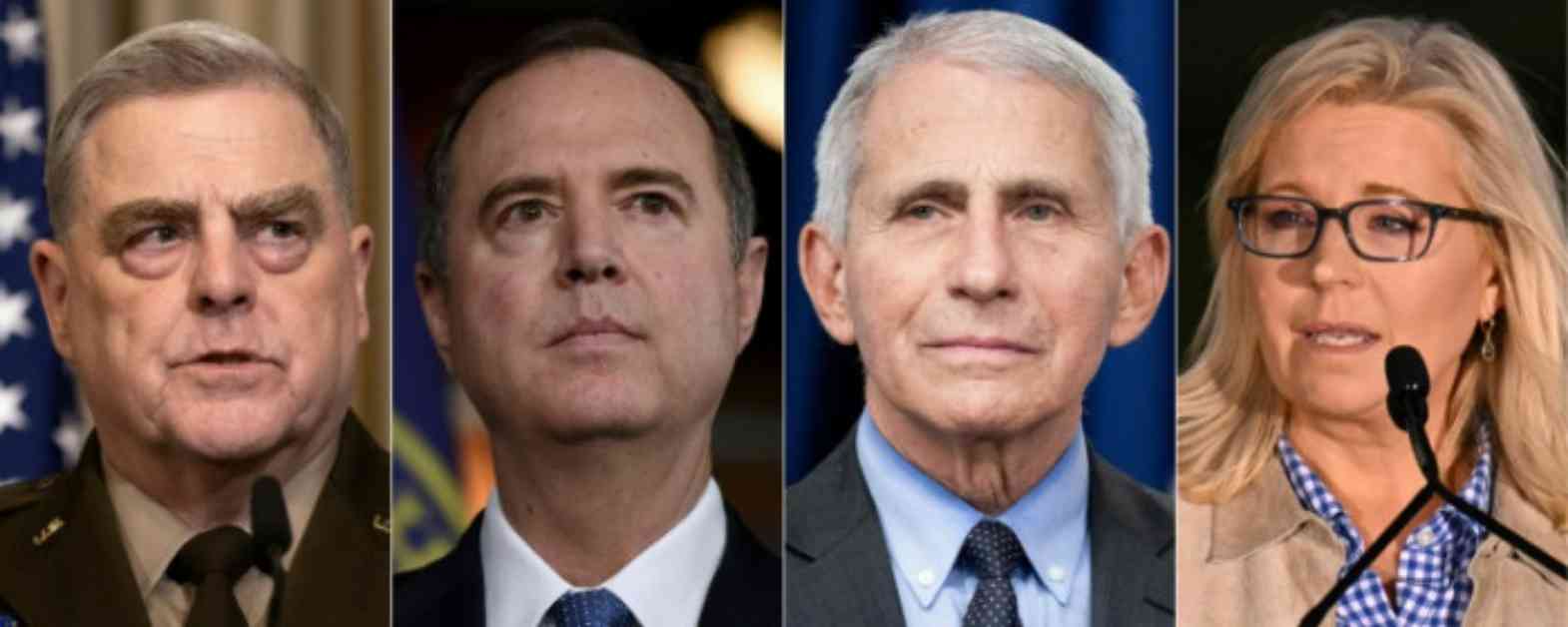President Biden Grants Pre-Emptive Pardons to Trump Opponents
In a bold and unprecedented move, President Joe Biden issued pre-emptive pardons to key figures who have been in the crosshairs of former President Donald Trump’s administration. The list includes prominent names like former Covid-19 advisor Anthony Fauci, retired general Mark Milley, US Representative Adam Schiff, and US Representative Liz Cheney. These individuals have been granted pardons to shield them from potential “politically motivated prosecutions” under the previous administration.
The decision comes as a protective measure for those who have served the nation with honor and distinction, facing the looming threat of retribution from Trump. Biden’s statement highlights the exceptional circumstances that have prompted these pre-emptive pardons, emphasizing the need to safeguard these public servants from unjustified legal actions.
Fauci, known for his pivotal role in combating the Covid-19 pandemic, found himself at odds with the Trump administration due to his candid approach in addressing the crisis. His outspoken views on the disease led to friction with the Republican camp, making him a target for criticism and calls for prosecution, even from influential figures like Elon Musk.
General Mark Milley, who served as the chairman of the Joint Chiefs of Staff during Trump’s tenure, faced backlash after his revelations about Trump’s actions following the Capitol attack. His candid remarks to journalist Bob Woodward and his communication with his Chinese counterpart sparked outrage from Trump, who openly expressed his displeasure on social media.
The pre-emptive pardons extend to members, staff, and witnesses of a US House committee investigating the Capitol attack on January 6, 2021. This committee includes vocal Trump critic Liz Cheney, whose involvement in the probe has drawn attention and scrutiny from Trump supporters.
President Biden’s decision to grant these pardons serves as a protective shield against potential legal battles and unwarranted investigations that could disrupt the lives and safety of the individuals involved. It is a clear signal of his commitment to upholding justice and fairness in the face of political pressures and vendettas.
As the transition of power unfolds, the implications of these pre-emptive pardons shed light on the complex dynamics of accountability and protection in the realm of politics and governance. The ripple effects of these pardons will reverberate through the corridors of power, setting a precedent for future administrations and their approach to addressing past grievances and potential legal challenges.




















